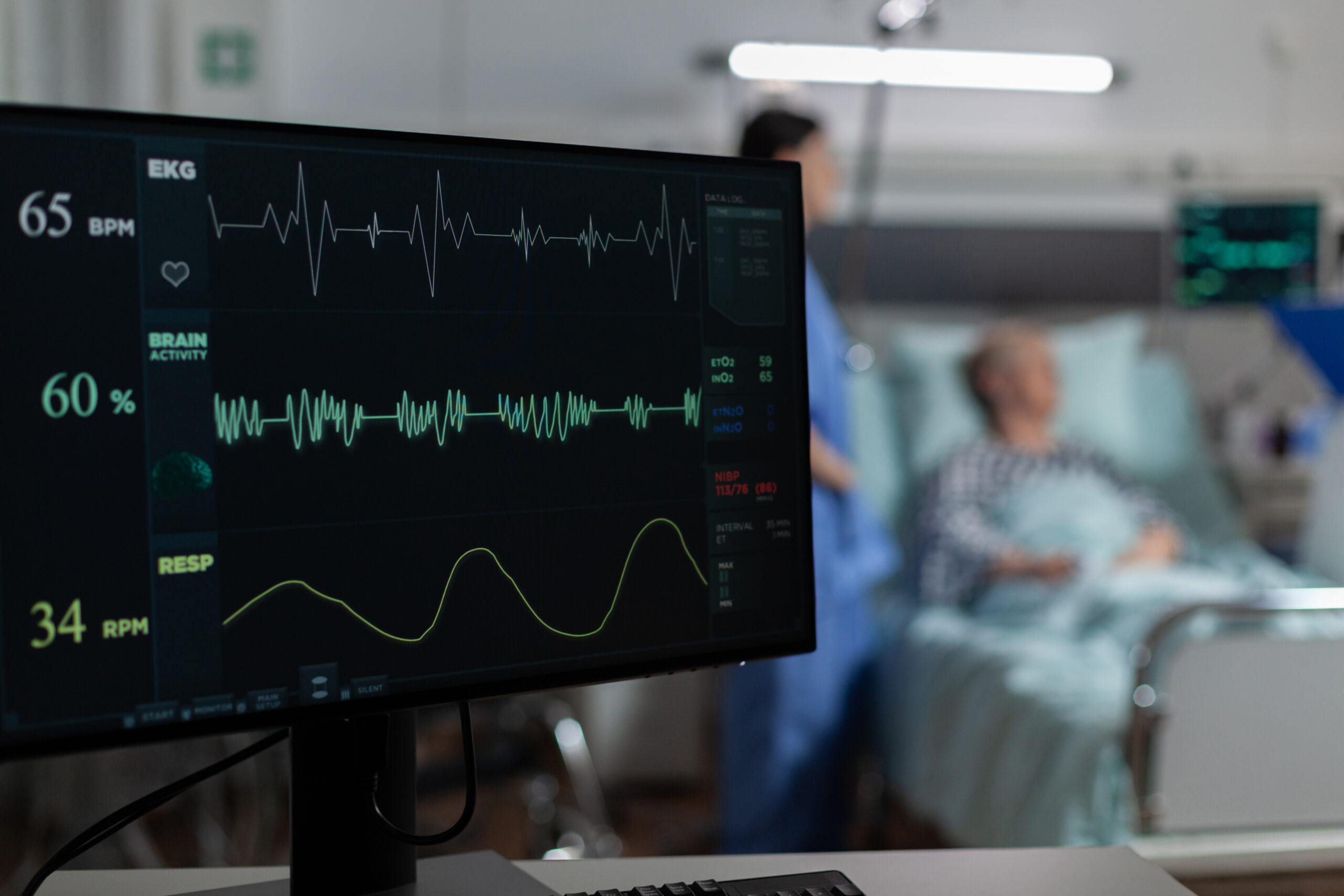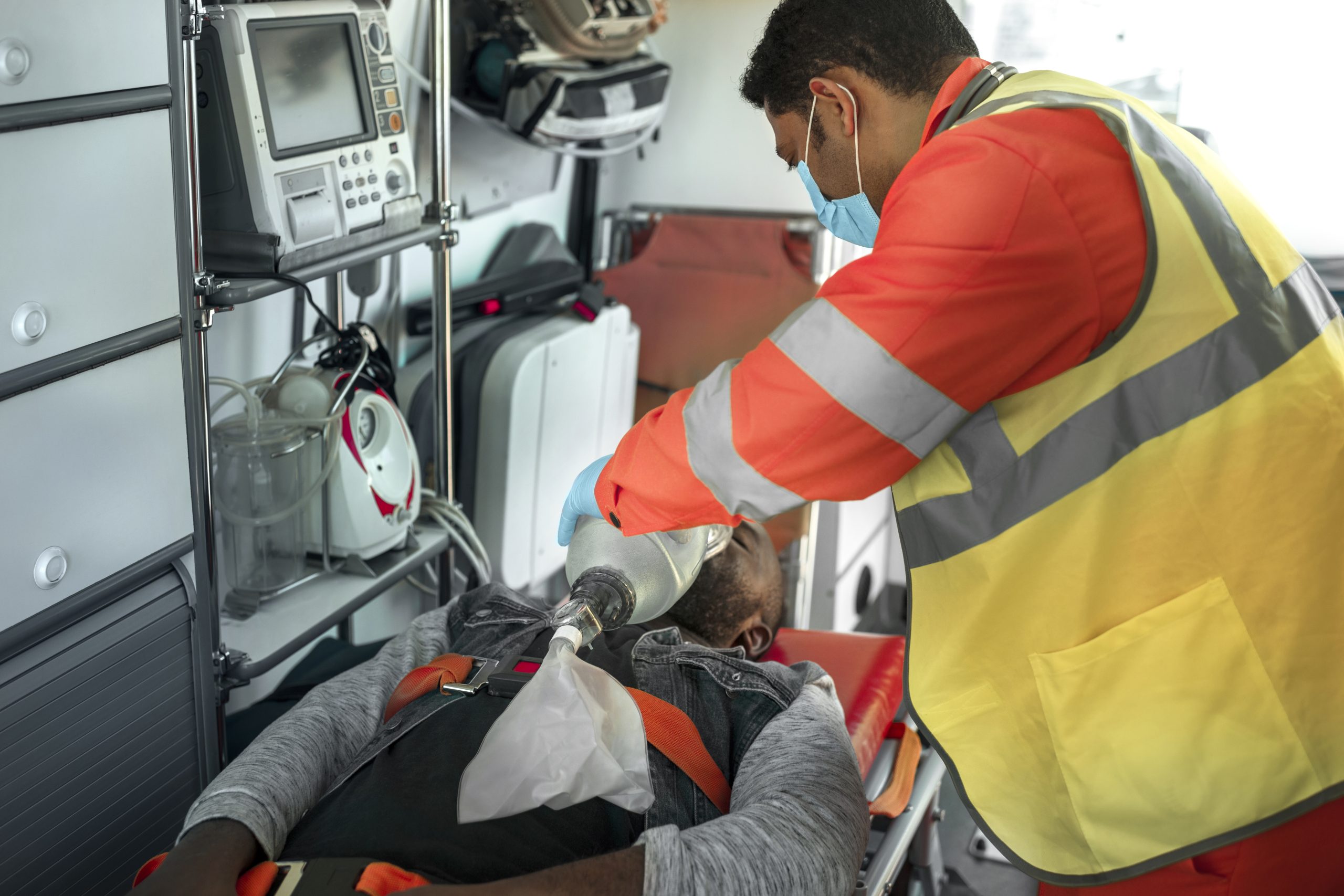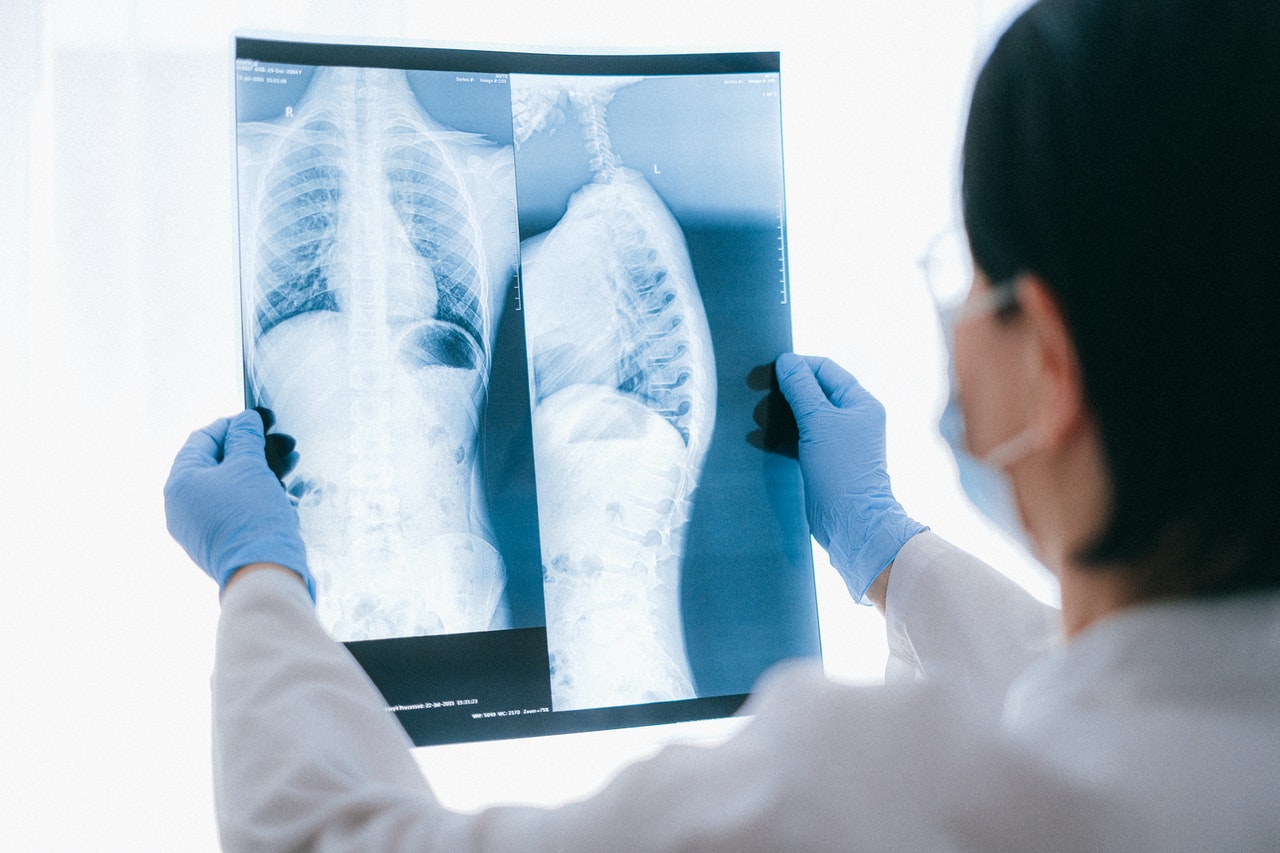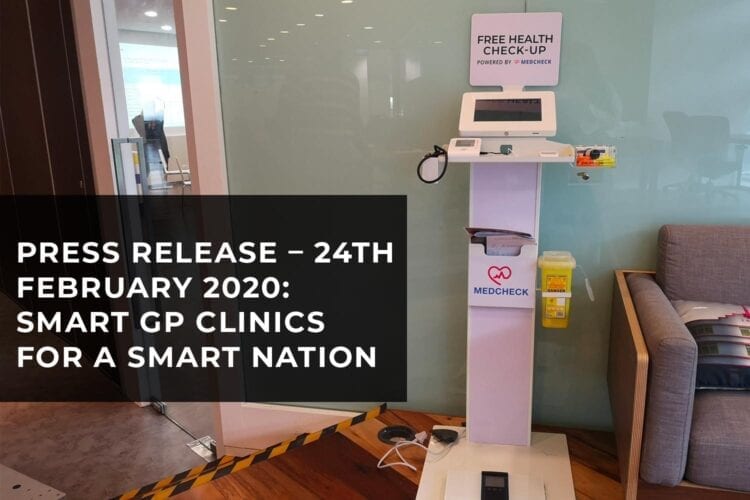As our manufacturers prepare for Industry 4.0, the healthcare system is also being empowered to modernize and become more efficient to meet the growing demand of the current population.

Problems such as the rise of chronic and novel diseases, high medical treatment costs and shortage of healthcare workers are imminent in the growing and ageing population in Singapore. To tackle this multi-faceted problem, other than increasing the number of brick-and-mortar clinics, a solution incorporating the latest technologies to optimize physician’s time, reducing patients’ waiting time, and providing better engagement between patients and physician is needed.
Singapore-based Smartfuture has integrated the latest health technology into one inter-connected platform for GP clinics. From a paperless clinic management system with self-registration and digital queue system to the remote treatment of chronic diseases, wearables tracking and telemedicine, physicians will be able to pick-and-choose the technologies on the modular platform. The platform can include modules such as a kiosk with self-registration and vitals taking that is installed in the clinic, take-home device kits for chronic disease patients, a telemedicine web portal for physician and a mobile app to connect to their regular patients.
“We are focused and determined on helping the primary care physicians ride on the latest trends in healthcare technology. The platform will collect and analyse patient data and present it to physicians alongside insights into patient’s medical needs, which will move diagnosis from symptom-based to data-based.”
“The kiosks in clinics will change how we see a doctor for routine problems, just like how ATMs have changed the way we do routine work in a bank. These kiosks will also offer Telemedicine when the physician is not in the clinic, encouraging patients to try telemedicine and realise its efficacy and practicality,” says Sumit Khemani, Chief Executive Officer of Smartfuture.
For media enquiries or further information, please contact Eleanor at eleanor@oursmartfuture.com.
About Smartfuture
Based in Singapore, Smartfuture develops IoT and AI-enabled healthcare solutions for healthcare providers and corporates in Asia. For more information about Smartfuture, visit: www.oursmartfuture.com
















 +65 8836 0984
+65 8836 0984 sales@oursmartfuture.com
sales@oursmartfuture.com 246 Macpherson Road, #03-01 Betime
246 Macpherson Road, #03-01 Betime 


